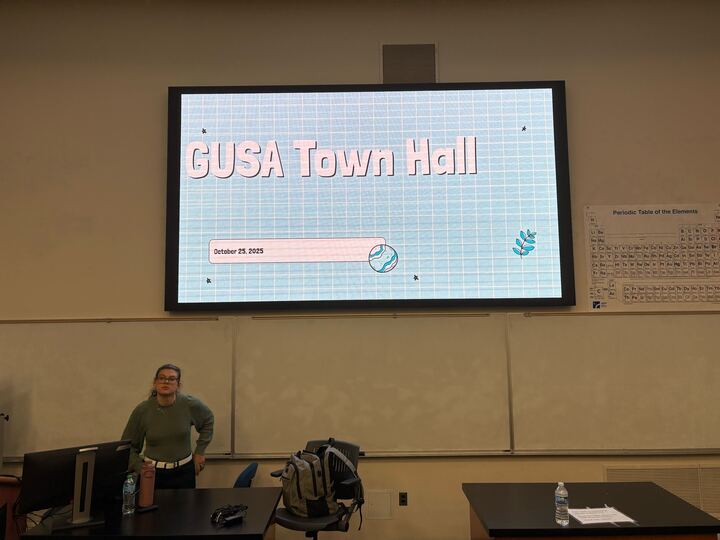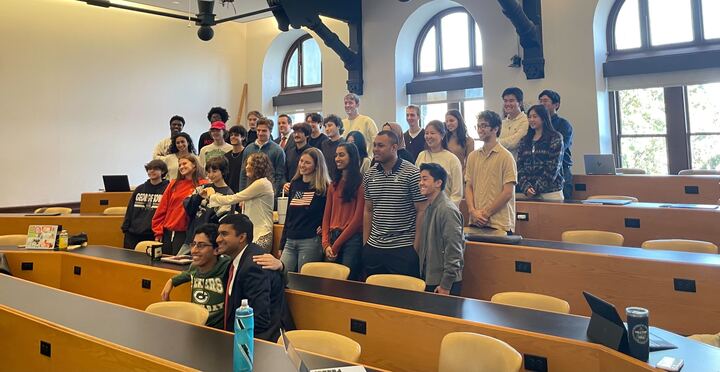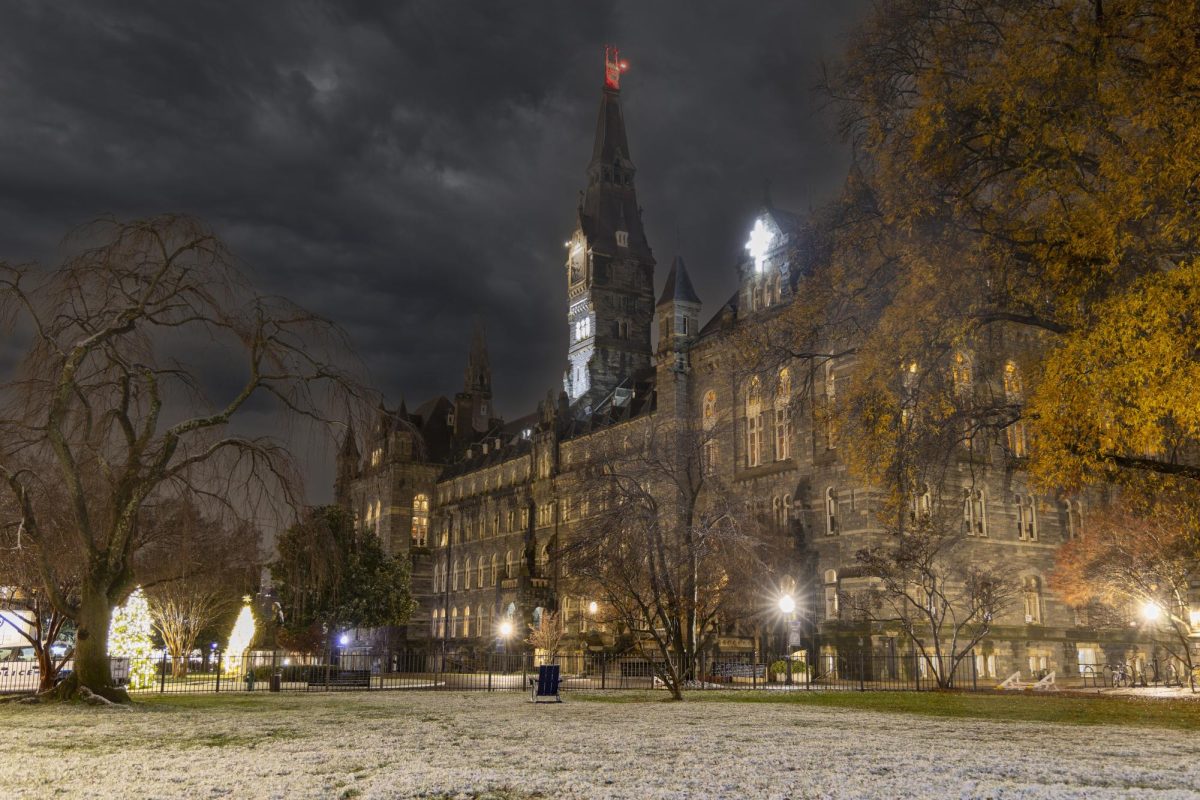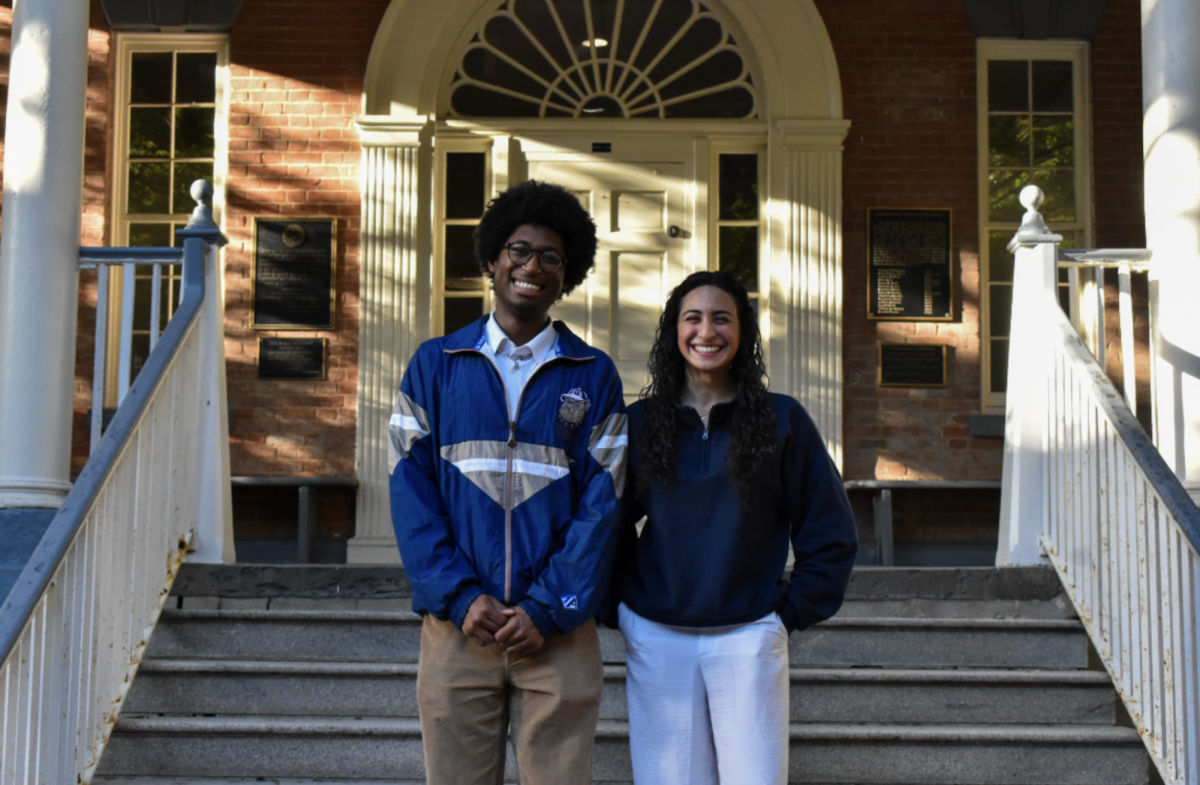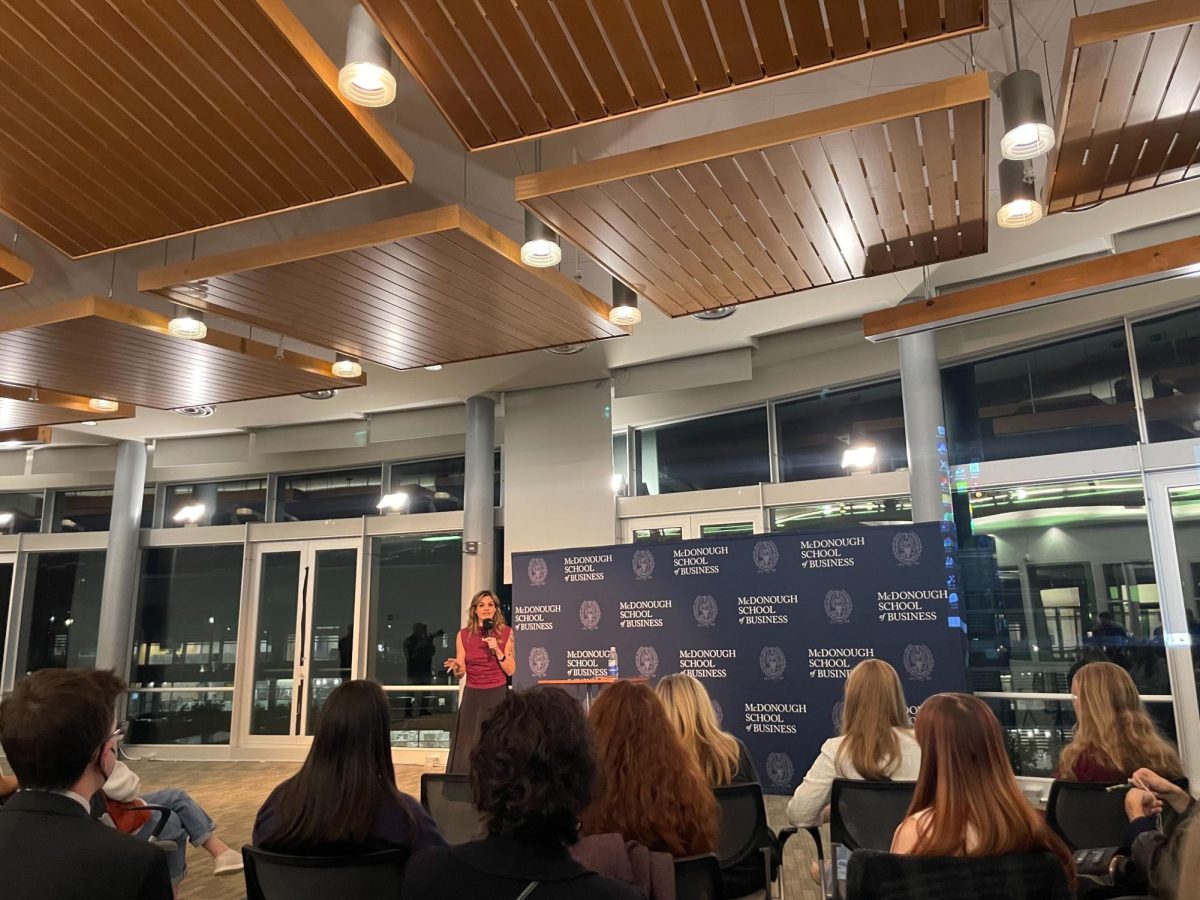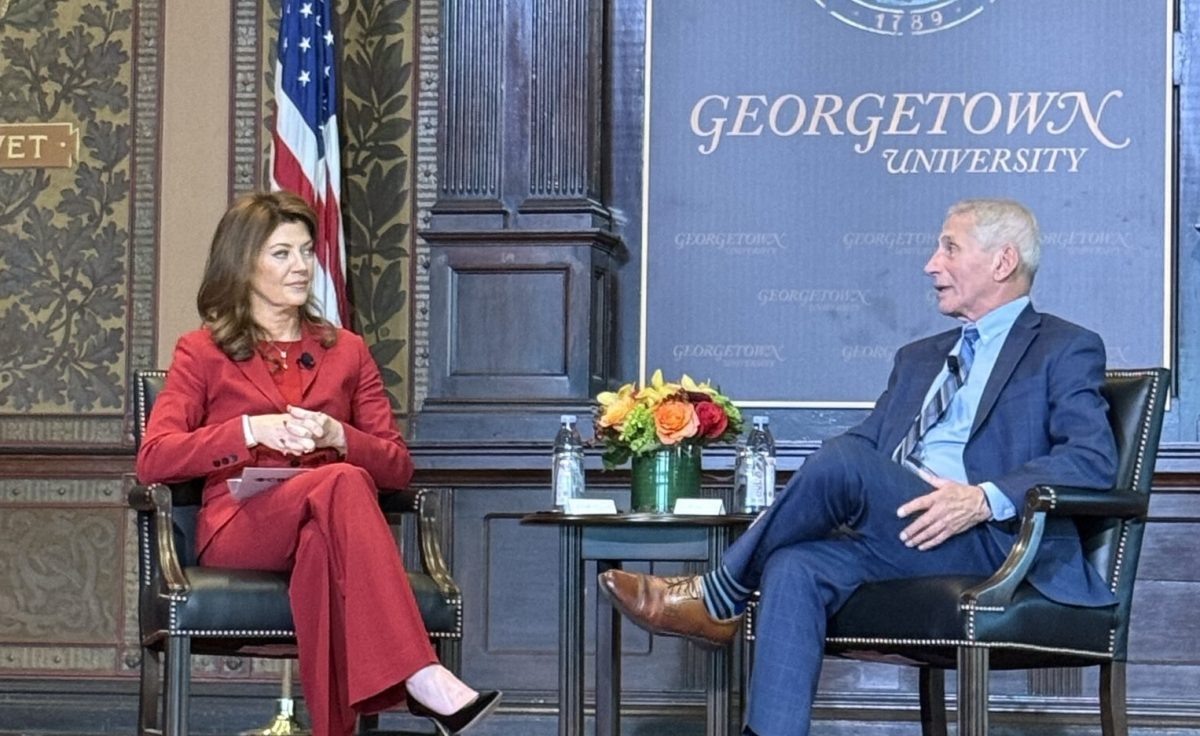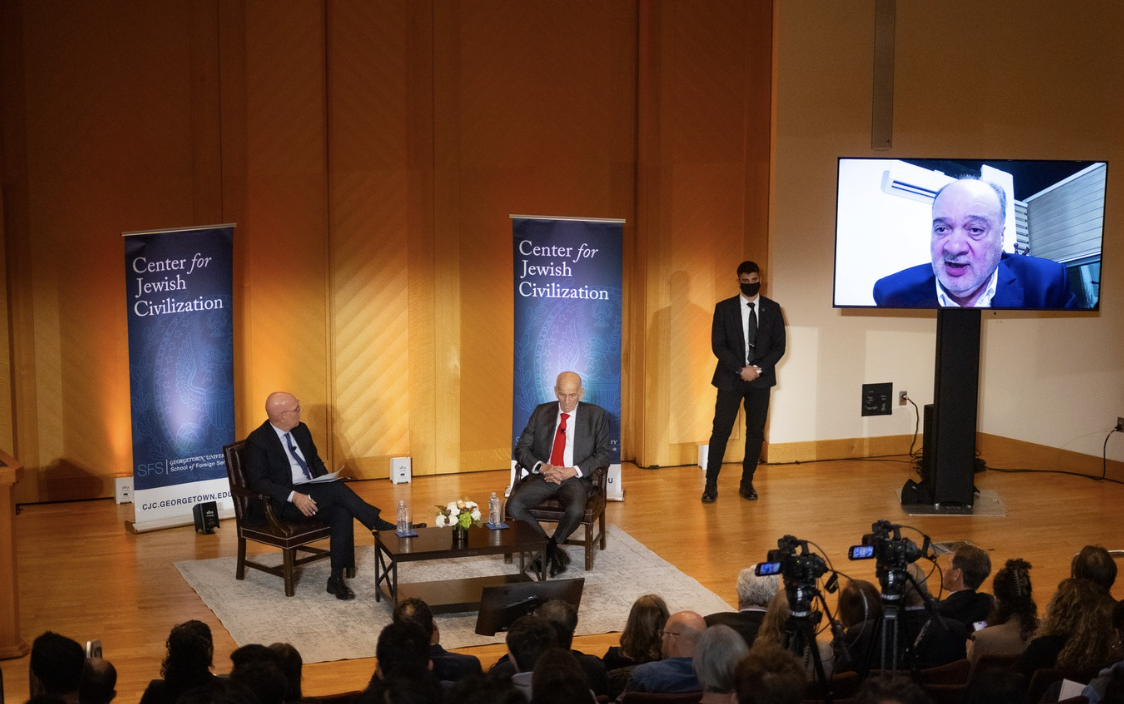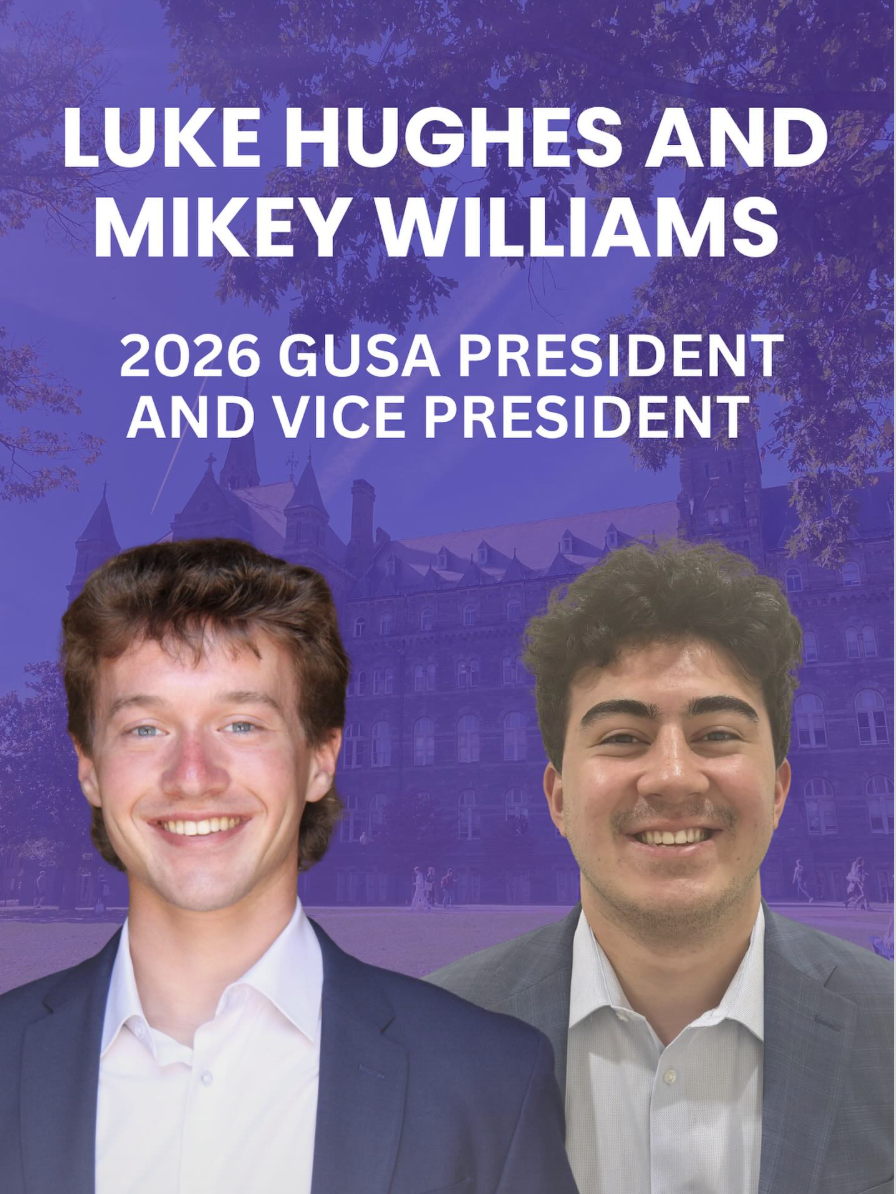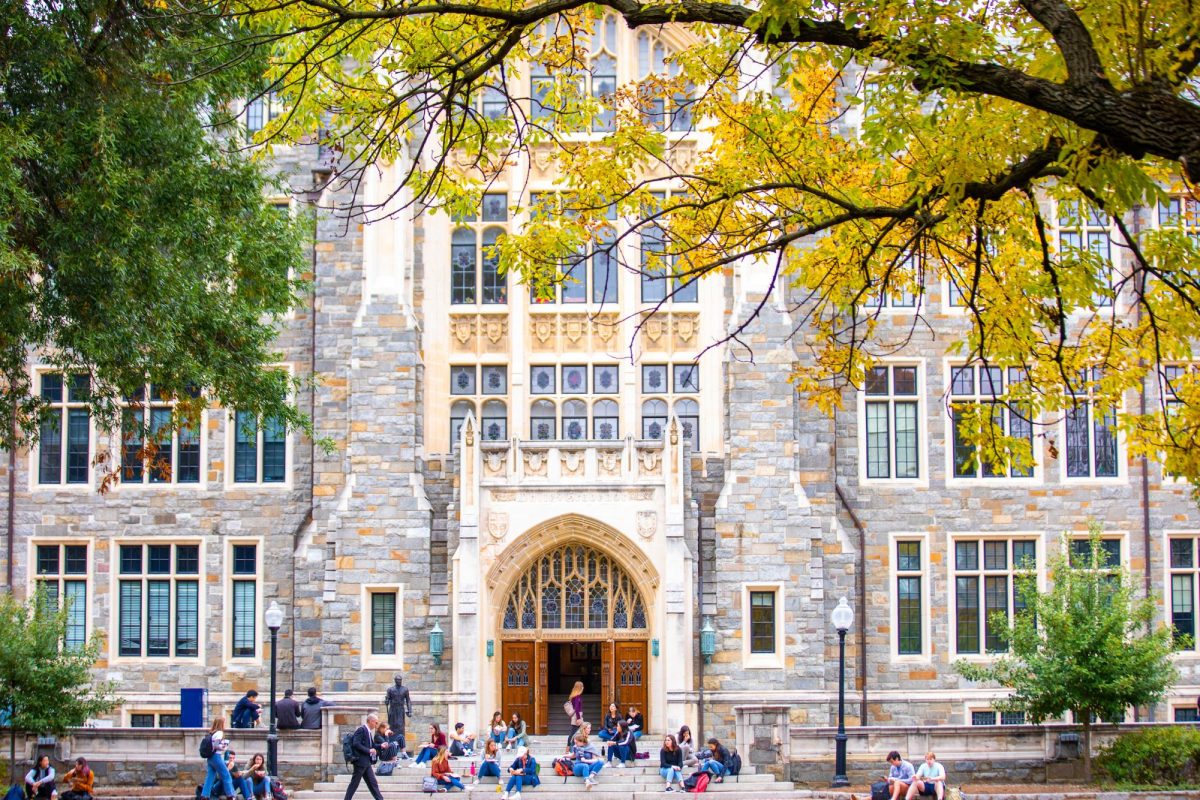Georgetown University is forecasted to lose $35 million in federal research grants and see a 20% decline in international graduate student enrollment amid federal cuts to higher education funding and changing immigration policy.
Interim University President Robert M. Groves announced the updates in an Oct. 28 email to faculty and staff, in which he affirmed April financial measures that cut $100 million from the university’s Fiscal Year 2026 budget and instituted a hiring freeze. Groves also said the university is unsure how long the decline in international student enrollment will last and how it will affect university finances.
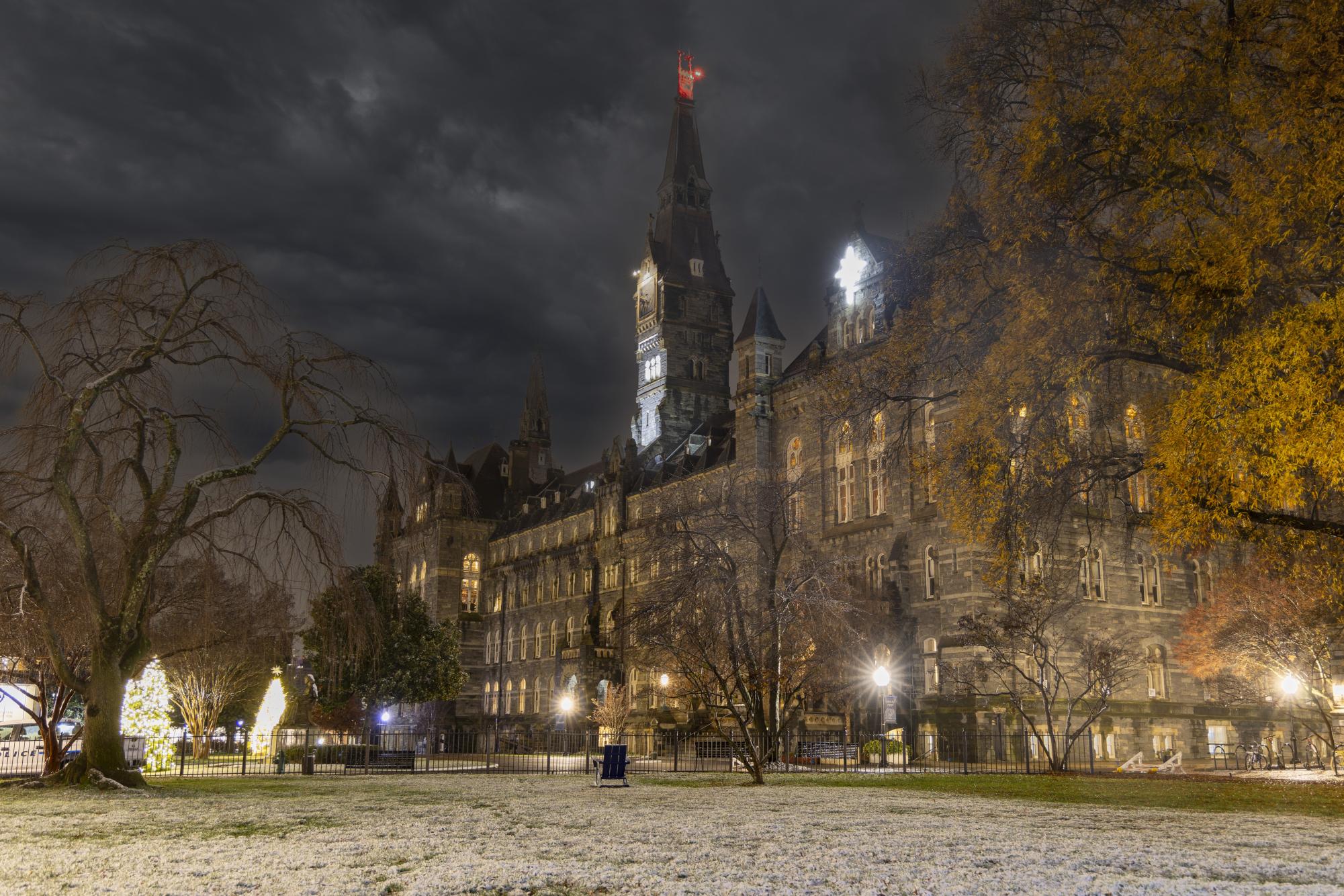
Groves said the university will continue to assess its financial future as it prepares to reevaluate the hiring freeze and budget cuts in December.
“It is now certain that the $100M cut in April was prudent,” Groves wrote in the email. “However, many uncertainties remain. Thus, it’s too early to know the outcome of the December review — whether we could relieve some of the constraints on spending or whether more cuts will be needed.”
Groves said the projected financial loss is higher than the university’s previous estimates, which he did not specify.
Georgetown has faced increasing pressure from the federal government as President Donald Trump ramps up attacks on higher education institutions, including cutting research funding and restricting international students’ visas.
Groves added that the federal government’s “new visa and immigration policies contributed to a steeper decline than anticipated” in international graduate student enrollment. More than 1,780 international graduate students are enrolled at Georgetown for Fall 2025, according to university data, a decrease from around 2,170 in Fall 2024.
Groves said overall graduate student enrollment is only down 3%, which he partially attributed to the university’s tuition discounts for laid-off federal workers and recent graduates.
“There was some success in our offering tuition discounts to some laid-off federal workers and recent Georgetown alumni, but that means reduced revenue per student,” Groves wrote. “Further, some programs offered online classes for students with delayed visas. Great uncertainty remains about whether there will be a multi-year reduction in international students.”
In the April email, Groves said the university would also seek to increase graduate and non-degree certificate enrollment, reallocate restricted gift funds to support ongoing university activities and seek additional philanthropic support.
Groves also expressed concern over financial impacts of the ongoing federal shutdown, which he said has delayed funding disbursements, and Trump’s tariff policies, which he said increased the costs of goods, services and utilities.
While the shutdown will not likely affect student aid and international student support, it will disrupt grant proposals, delay research funding and limit access to federal resources, according to an Oct. 1 email from Katy Button, the university’s associate vice president for federal government relations.
Groves said the university understands the impact of Congress ending GradPLUS loans, a federally managed student aid service for graduate students that will stop accepting new applicants July 1, 2026.
“GradPLUS loan features will end in July 2026,” Groves wrote. “That is certain. The office of the Chief Financial Officer is actively working on alternative mitigations for the change in the loan programs. However, the effect of this change on graduate applications for Fall 2026 remains unknown.”
In 2023, GradPLUS loans made up 32% of graduate loan disbursements and 16% of students relied on them, according to a 2024 report from the research institute Georgetown University Center on Education and the Workforce. The report also found that 30% of students in graduate programs with tuition over $70,000, such as many of Georgetown’s programs, rely on GradPLUS loans.
Members of the Georgetown community have expressed concern and uncertainty over federal actions affecting the university, with many faculty and staff citing cuts to graduate programs and mixed messaging from the university.
Groves said the university’s targeted cuts since April have permitted it to avoid large-scale layoffs, though he acknowledged the actions hurt some community members.
“I know that the mitigation actions of April (e.g., pausing of merit increases, hiring freezes) are painful,” Groves wrote. “We remain deeply grateful for your patience. It is important to acknowledge that the shared sacrifices we are making are essential to securing the University’s financial stability. This sharing has avoided the mass layoffs occurring at our peer universities.”
Many universities across the country have laid off faculty and staff amid financial strain, including cutting administrative and academic programs.
Groves will provide another update in November on the university’s financial situation to faculty and staff in advance of the Dec. 31 assessment deadline, according to the email.
Groves said the uncertain legal and political environment has upended higher education and he is grateful for the university community’s work.
“These are disruptive times,” Groves wrote. “Your ongoing commitment to Georgetown’s mission will allow us all to weather this storm. Remember that the work we do each day is honorable and good for the world.”
This is a developing story and will be updated as more information becomes available.


